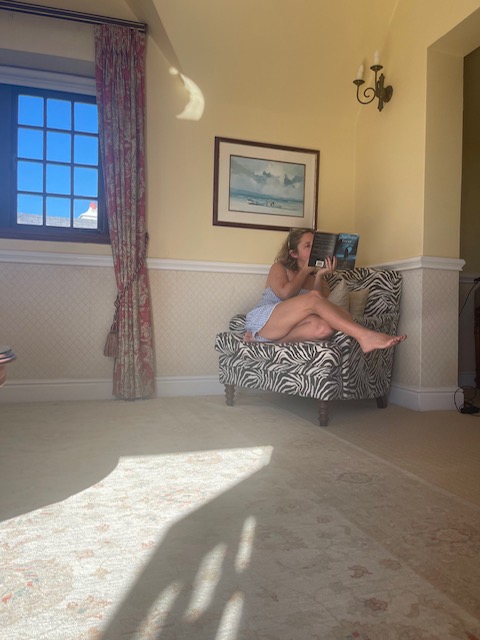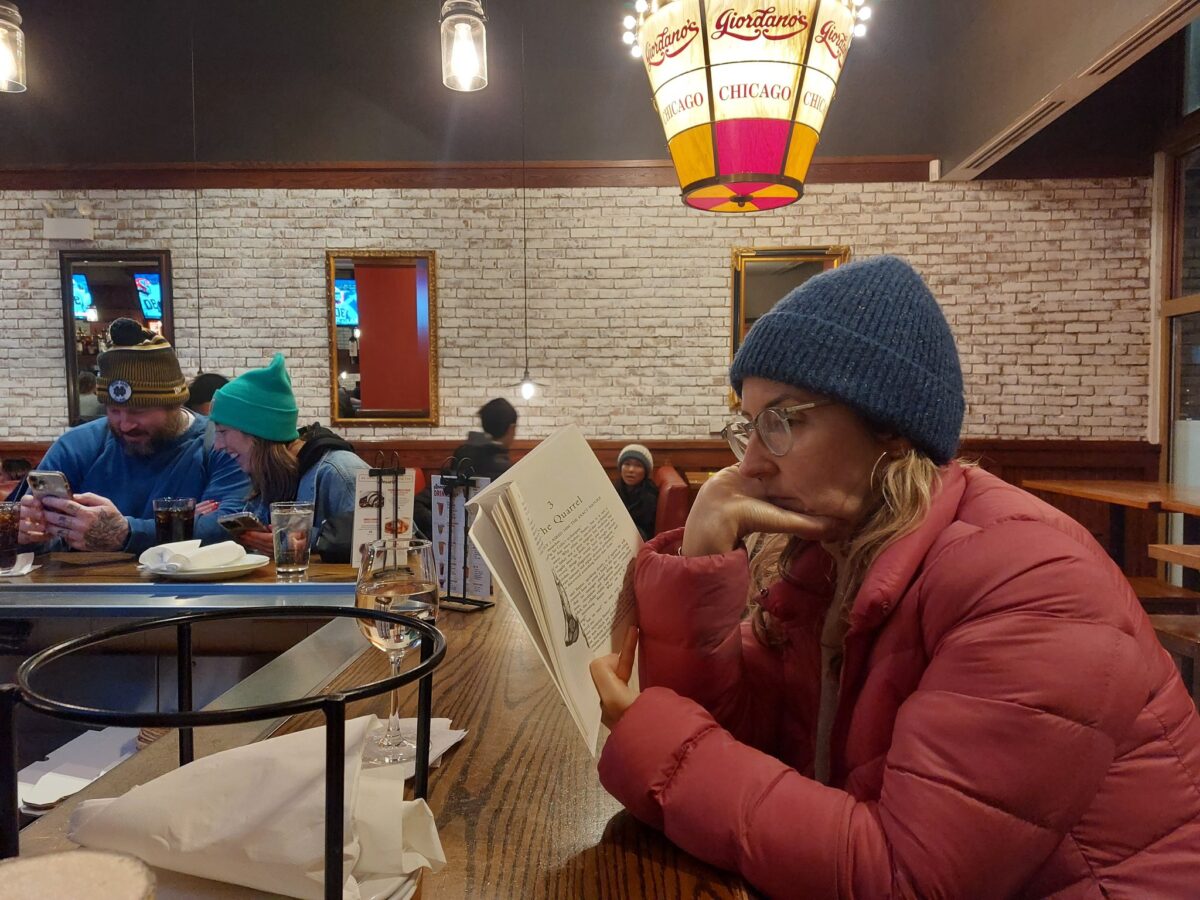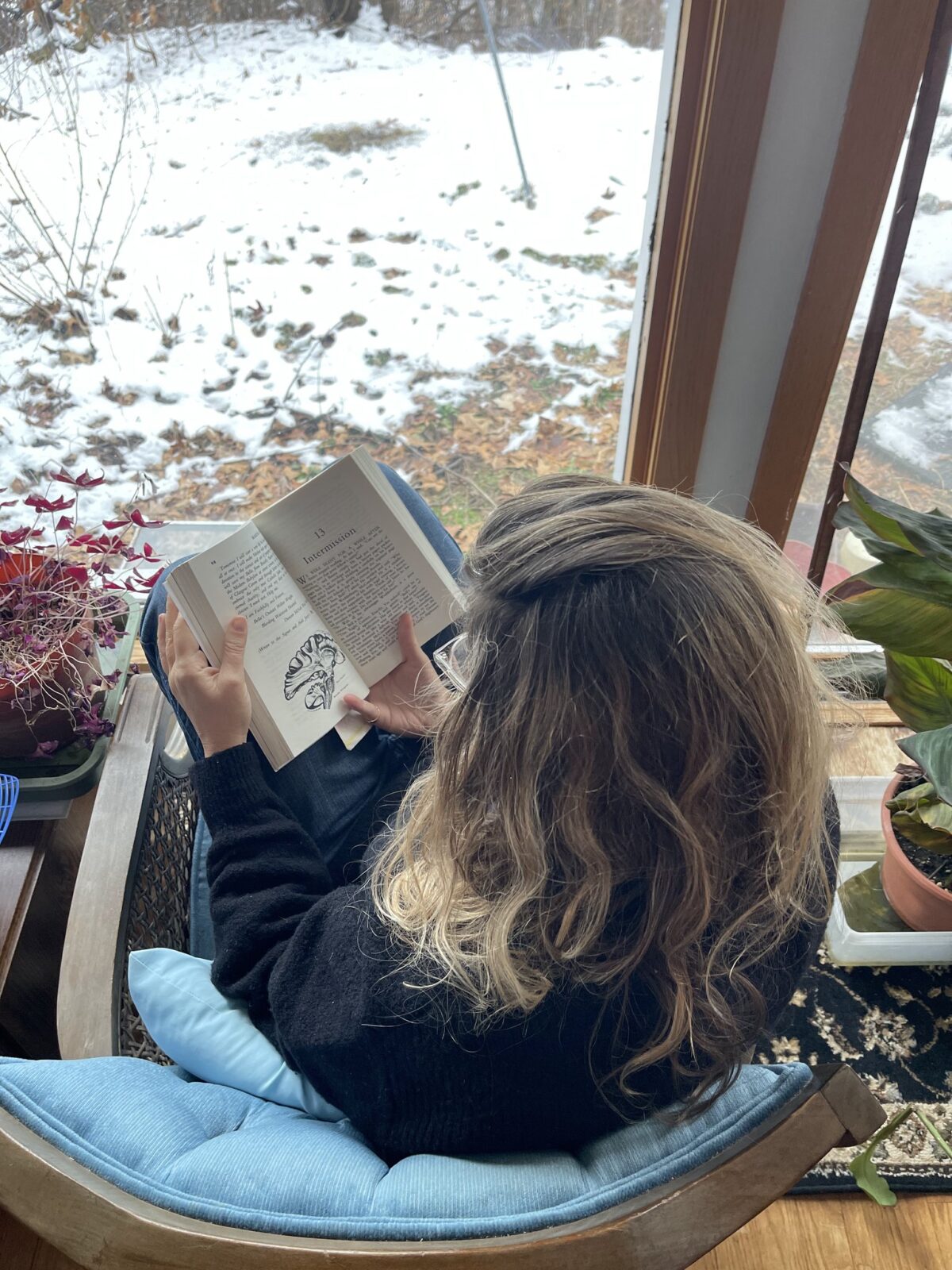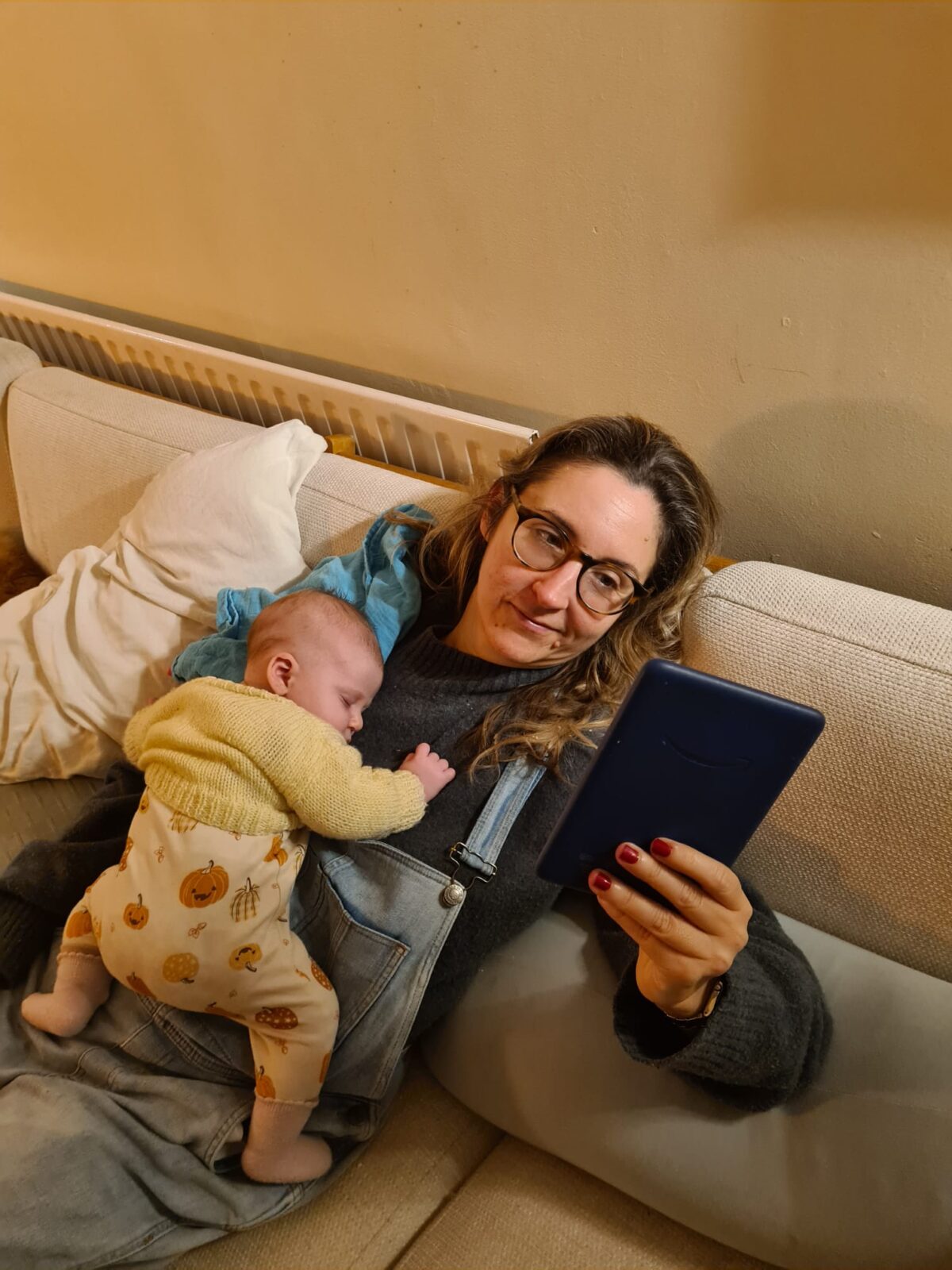Here is a novel about a female spy. It starts as a straight-forward love story, then becomes an espionage novel, and then loses its way for a bit, struggling to connect the plotlines while getting deep into French politics in WWII.
It’s engaging throughout, which is a feat at 500 + pages, and is remarkable for deep research and believable characters, even when the plot is a little shaky. I was especially struck by the presentation of how ordinary French people reacted when their neighbours were collected into railway cars and sent ‘east’. How did they react? Apparently they were not just fine with it, they actively applauded. It is pretty chilling.
Also of interest was the worldview of those who signed up to the ideas of Vichy France: that is, that German was clearly going to win the war, so it made sense to accept this early and get France the best seat possible in the ‘new Europe.’ One can see the pragmatism of this view. It is darkly funny how completely wrong they were. What I learnt from this is that when you are being ‘pragmatic’ (i.e., dividing up your neighbours clothes between yourselves) you better make sure you are making the right bet, because if you are not, you are truly left with nothing, not even your dignity.










